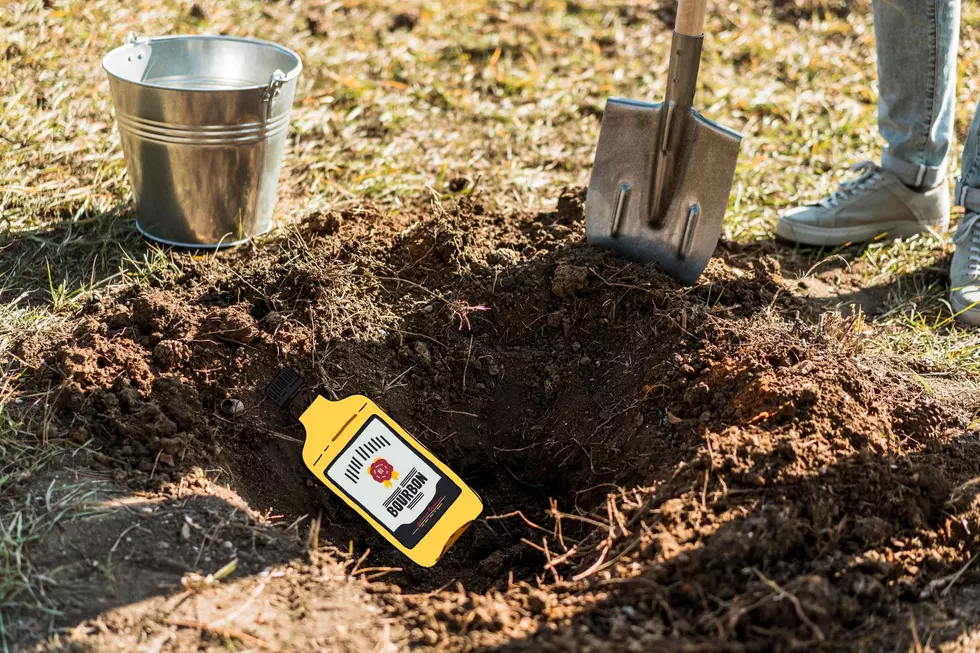
Space Heaters Cause 1 in 3 Winter House Fires – Here’s How to Use them Safely
With the annual "fall back" time change this upcoming weekend, we know that one way or the other winter is just around the bend. While temps thus far haven't been super chilly, Jack Frost will eventually be around to make his appearance. There are many reliable heat sources out there, from gas, and central electric heating, to space heaters. Many homes that don't feature a centralized heating and cooling system are often left with using space heaters as their primary source of warmth.
Space Heaters Cause 1 in 3 Wintertime House Fires Each Year
While they do provide a great deal of comfort on the coldest nights of the winter, it is important to remember the risks they pose and how to stay safe while operating them. Space heaters are the cause of 1 in 3 wintertime house fires with an average of about 80% being to blame for winter heating deaths. Here are some important things to keep in mind as we enter into the coldest month of the year if you are reliant on space heaters to warm your home.
Why are space heaters so dangerous?

How Do Space Heaters Work?
There are a couple of heating methods used in the manufacturing of most space heaters. Many use convection as a way to heat the entire area that they are being utilized in, by circulating the heated air about the room. While others are made to be more of a radiant heat source. Radiant heaters tend to put out a more concentrated heat source, heating individuals and objects nearest to where the heater is. Radiant heaters are only meant to be used for a few hours at a time in single-room spaces.
Because of the radiant heaters output type, anything near the heaters is exposed to high temperatures and a have a heightened risk of igniting. The NFPA has stated that more than half of all space heater-related deaths occur when the heaters are placed too close a proximity to other items in the home. For example furniture like sofas and mattresses, clothing, and bed linens.
Space heaters, along with almost any other type of electrical device provide the potential for being a shock hazard, that is where the electrical current being conducted has been exposed due to damage from the plug-in, electric cord, or its housing. Space heaters generally put quite a bit of strain on the home's power circuits and can lead to power failure and the risk of fire. This goes for any variety of space heater, whether is it a convection or radiant heater.
Tips on how to safely heat your home this winter
Safety should be everyone's natural priority, with 1,700 homes being involved in space heater fires every year, with around 80 annual casualties resulting in millions of dollars in property loss, who can afford the risk? These are the top recommendations on how to safely operate your heat source.
How to Safely Operate a Space Heater
- Verify that your heaters have the approval seal from nationally recognized test labs such as Intertek
- Purchase a heating unit with a "tip-over" safety feature that will automatically power down the heater if it were to get knocked over. (Taller heaters generally have a higher risk of getting knocked about and tipped to their side)
- Seek-out space heaters that have a safeguard around the area where heat is being emitted, this will aid in adding space between the heat source and pets, and children and help keep objects in the home at a bit of a safer distance.
- Make sure the heater is room-size specific to where the room isn't being overheated and wasting electricity (resulting in higher utility bills and adding an unnecessary risk of a potential fire.)
- Make sure that your home is well equipped with smoke detectors and alarms, following the NFPA, every level of the home should have installed smoke detectors and alarms, including the basement. Alarms should be placed in and around bedrooms and are suggested to have one in place for every 1,200 square feet of living space within the home. It is important to remember to test them monthly.
- Consider purchasing a heater with a thermostat to help better regulate the heating output, to avoid overheating
- If you plan on utilizing a heater that burns fuel, such as kerosene make sure you install a carbon monoxide detector to avoid any exposure and risk of poisoning. Symptoms of carbon monoxide pinioning include headaches, and unexplained illness and can be fatal.
Proper space heater set-up
- Heed any advice given from included pamphlets from the manufacturer. (if misplaced you can browse online by looking up the make and model of the heater in use)
- When using an older space heater, check out the status of the heater, does it show signs of overuse? Such as scorch marks, fraying electrical cords, and other damage. Also, check for corrosion. If you have any of these issues, please properly discard and purchase a new heater. Saving some extra cash is less important when it could make a difference in life and death and property loss.
- Place all heaters outside of areas with foot traffic and establish at least 3 feet of space around the heater where there are no objects to minimize the fire hazard. Keep away from furniture and clothing items at all costs.
- Don't use heaters in rooms where moisture can be present such as bathrooms, kitchens, or around windows/doors that produce condensation.
- Make sure the heaters plug, fits snugly into the wall outlet, if not seek out another wall outlet to use.
When a space heater is in use:
- Never leave space heaters unattended and do not sleep in rooms where they are in operation.
- Do not leave children or pets in rooms with space heaters alone. Teach younger children to play touch or play too close to heaters as they could hurt them.
- Limit the use of electricity when running a space heater, such as large appliances to not place too much of a strain on the home's circuits.
- Check the surrounding areas in the proximity of the heaters often, are the walls, floors, electric outlets, and heater cords getting hot? Turn them off to avoid overheating and fire.
- Keep clean of dust and other debris
- Check for recalls on websites such as CPSC.gov and properly remove recalled heat sources from your home.
Sources: https://beckerlaw.com/blog/be-safe-when-using-space-heaters-this-winter/
https://www.consumerreports.org/space-heater/space-heater-safety-tips-a1096367334/
Stock Up on These Winter Essentials Before It Snows
More From WOMI-AM









